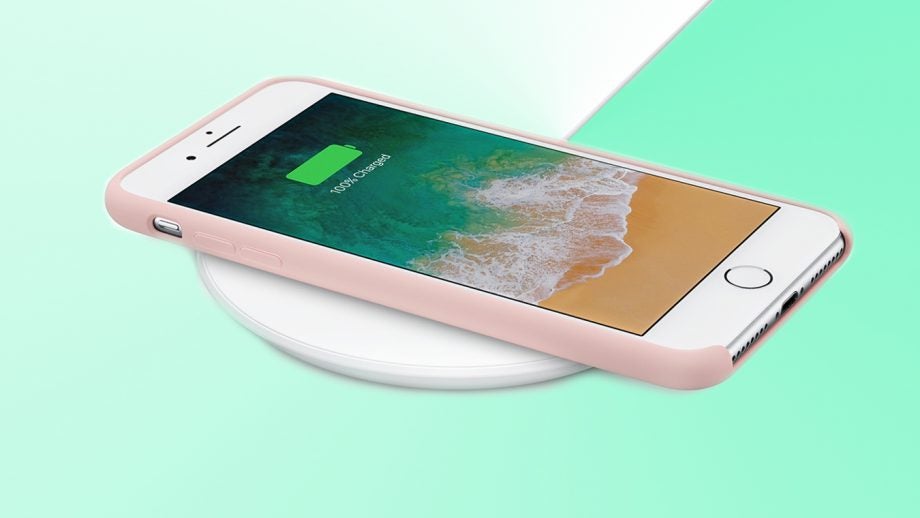Wireless Charging Could Ruin iPhone and Android Phone’s Battery Life: Scientific Study

A scientific investigation from the University of Warwick has found that charging your phone by induction could damage its battery’s lifespan.
The researchers explained that wireless charging requires energy to be transmitted across an air gap, a process that necessarily generates some heat. The fact that the surfaces of the phone and charging pad must be in very close proximity means that the heat exposure will damage the phone’s lithium-ion battery life over time, as they are sensitive to being stored above 30 degrees Celsius.
In the example given by the study, a smartphone reached 27.5ºC during standard wired charging, but peaked at 30.5ºC during wireless charging, breaching the ideal maximum temperature for lithium-ion battery cells.
Related: Best Phones
This existing problem is exacerbated by misalignment (when the coils in the phone and the charging pad are not directly on top of one another); the charger increases the transmitter power to compensate, resulting in yet more heat and potential battery damage. It’s hard to avoid this pitfall as the location of the coils are rarely made obvious.
As the researchers conclude, this latest evidence means that consumers have a choice to make: is the convenience of wireless charging worth shortening your smartphone’s lifespan?
Related: Best Wireless Charging Pads
Plenty of flagship phones today are compatible with wireless charging,and fortunately (unlike with standard wired charging) there is an industry standard across Android and Apple devices: Qi. If you have an iPhone 8 or newer or a flagship Samsung phone from the Galaxy S6 onwards, then your device is compatible with wireless charging.
However it is notable that recent flagship releases such as the OnePlus 7 Pro and the Sony Xperia 1, still do not offer wireless charging. It’s a trend mostly confined to premium phones, but it still hasn’t completely taken hold of the industry, and this latest news might be another blow to its desirability.


